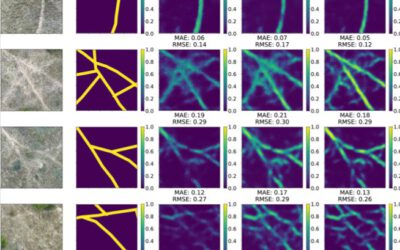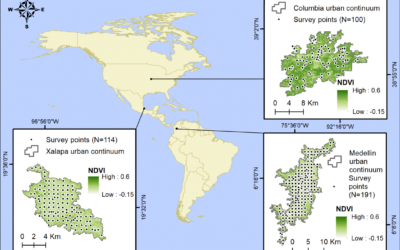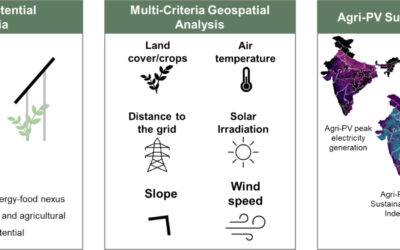New publication on the evolution of newly born volcanic islands
Researchers from the Earth Observation Center (EOC) of the German Aerospace Center (DLR) in Oberpfaffenhofen, the Italian National Research Council (CNR), the Politecnico di Milano, the Space Technologies and Application Center of the University of Basilicata, and our Earth Observation Research Cluster (EORC) of the University of Würzburg teamed up for a study on the evolution of newly born volcanic islands. The paper titled “The evolution of the 2022–2024 eruption at Home Reef, Tonga, analyzed from space shows vent migration due to erosion” was just published in the journal Scientific Reports by Simon Plank, Emanuele Ciancia, Nicola Genzano, Alfredo Falconieri, Sandro Martinis, Hannes Taubenböck, Nicola Pergola and Francesco Marchese.
Here is the abstract of the paper: On September 9, 2022, a new eruption period began at the submarine volcano Home Reef, part of the Tonga Volcanic Arc. We integrated multi-sensor/multi-platform satellite datasets, including very high spatial resolution TerraSAR-X radar and PlanetScope multispectral data, together with Sentinel-2 and Landsat-8/9 as well as MODIS and VIIRS thermal data to monitor and characterize this latest eruption at Home Reef over a two-year period. Here, we present the results from this multi-sensor approach, used to investigate eruption dynamics (thermal activity and relative intensity level) and delineate changes in the shape and area of the newly formed island. The eruption showed four distinct phases: During September–October 2022, lava flows formed a ~ 54,900 m² circular island. In the following three eruption phases, the island grew towards the south (September–November 2023) and east (January 2024 and June–September 2024), expanding the island’s area to over 122,000 m². During each subsequent phase, the eruptive vent migrated toward the side of the island where the most erosion had occurred since the previous phase. This has implications for volcanic and tsunami hazards from island-forming eruptions of this type.
Here is the link to the full paper: https://www.nature.com/articles/s41598-025-95197-2
The first author Simon Plank, who is our habilitation candidate and guest lecturer from DLR, was also interviewed by the NASA Earth Observatory about the recent activities at Home Reef Volcano: https://earthobservatory.nasa.gov/images/153941/a-growth-spurt-for-home-reef









